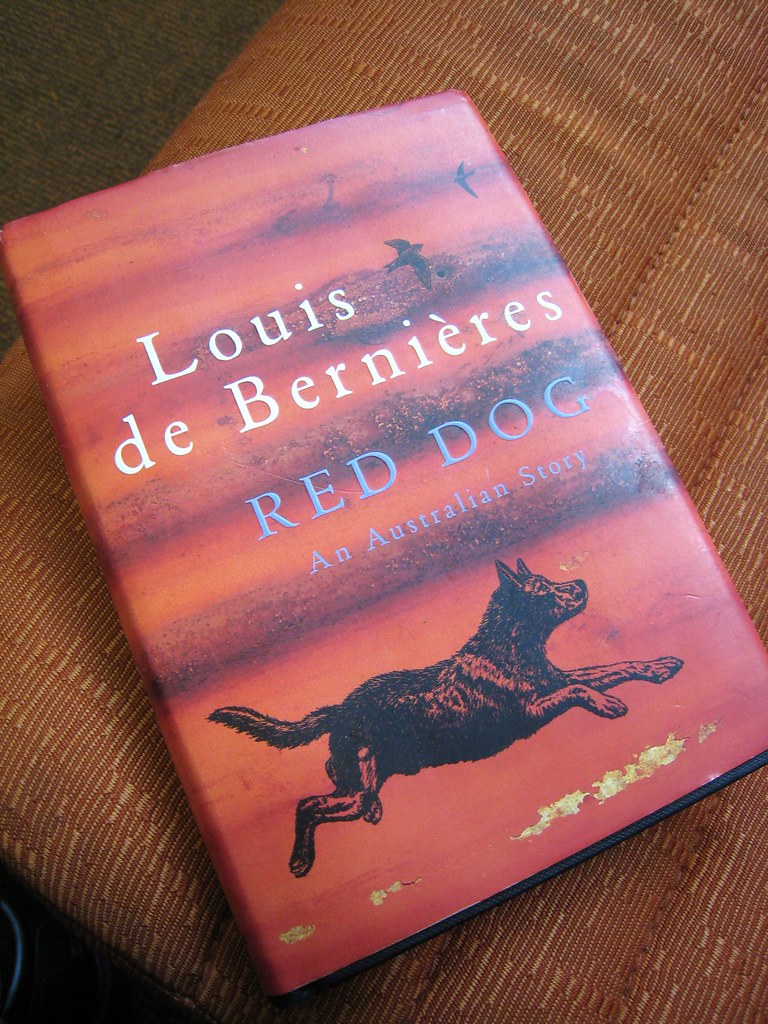In today’s OEGlobal staff meeting discussions about the planning for the conference, we were discussing how visitors ought to take in the opportunities to see wildlife.
My mind flew back to the opening of Bill Bryson’s In a Sunburned Country:
Australia is the world’s sixth largest country and its largest island. It is the only country that is also a continent, and the only continent that is also a country, It was the first continent conquered from the sea, and the last. It is the only nation that began as a prison.
… It has more things that will kill you than anywhere else. Of the world’s ten most poisonous snakes, all are Australian. Five of its creatures-- the funnel web spider, box jellyfish, blue ringed octopus, paralysis tick, and stonefish-- are the most lethal of their type in the world. This is a country where even the fluffiest of caterpillars can lay you out with a toxic nip, where seashells will not just sting you but actually sometimes go for you… If you are not stung or pronged to death in some unexpected manner, you may be fatally chomped by sharks or crocodiles, or carried helplessly out to sea by irresistible currents, or left to stagger to an unhappy death in the baking outback. It is a tough place.
Bryson’s writing is extremely sarcastic, and the book is a rollicking (to me) read that honors the place, people, landscape, especially in an “off the beaten track” vein. I read it before my first trip to Australia in 2000.
But he and I are North Americans, I wonder what the perspective is on this (and other books about Australia) from the people who live there.
And to bump off more discussion, what other books have others read to introduce them to the place? Or what should we read?
I had also read this essay by Douglas Adams I found (and still is on the web 24 years later) called The Confusing Country that starts in a similar vein:
Australia is a very confusing place, taking up a large amount of the bottom half of the planet. It is recognisable from orbit because of many unusual features, including what at first looks like an enormous bite taken out of its southern edge; a wall of sheer cliffs which plunge deep into the girting sea. Geologists assure us that this is simply an accident of geomorphology and plate tectonics, but they still call it the “Great Australian Bight” proving that not only are they covering up a more frightening theory, but they can’t spell either.
The first of the confusing things about Australia is the status of the place. Where other land masses and sovereign lands are classified as either continent, island, or country, Australia is considered all three. Typically, it is unique in this.
The second confusing thing about Australia are the animals. They can be divided into three categories: Poisonous, Odd, and Sheep.
And finally in 2007 my hosts in Hobart gave me a copy of Red Dog by Louis de Bernières that was a brilliant story that was perfect for reading when I visited its setting in western Australia.

Doggie Reading flickr photo by cogdogblog shared into the public domain using Creative Commons Public Domain Dedication (CC0)
In the spirit of a public art effort at the time - I left this here for you to read I left the book in a bus station somewhere around Perth.
Again, what are your best books to recommend to get a literary taste for Australia?
